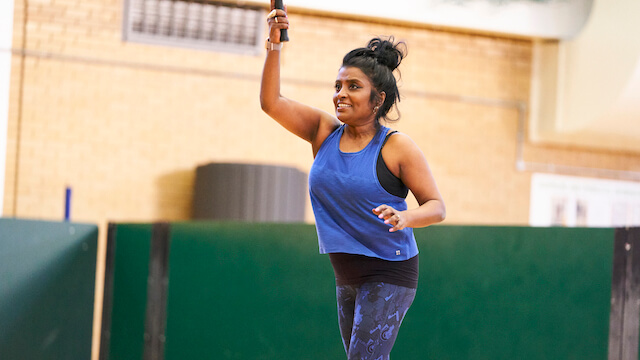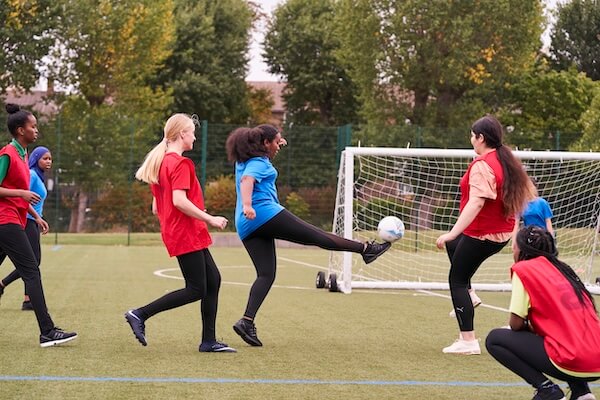
Being active is more important than being perfect. We’ve all heard this saying before. It’s become a cliché because it’s true. But what does it really mean? The idea of “being active is more important than being perfect” means you don’t have to be thin, fit, or healthy to be happy and successful. You can have the best intentions of starting an exercise routine tomorrow and eating less sugar. Tomorrow might never come. That would make you not perfect, but that doesn’t change who you are inside. Being active is more important than being perfect also means that focusing on little changes can have big effects on your health and happiness down the road. The little things are much more measurable and achievable than trying to overhaul every aspect of your life in one day and keeping it that way forever after.
It’s not about being thin and fit.
Being active and fit has a lot to do with how you feel. When you’re in better shape, you can do more and feel better while doing it. You can walk up the stairs with less effort, enjoy playing sports and being active with your friends or family, and have more energy to keep up with your daily life. Being fit and healthy doesn’t just mean having a low BMI and fitting into a specific clothing size. Being active and fit is about having the energy and strength to do the things you want to do. You can be any size and still have the health and happiness benefits of being fit. Instead of focusing on a number on the scale, look at how you feel and what you can do. Whether you’re working on your strength, endurance, or flexibility, you’re being active. You’re also more likely to reach your health and fitness goals if you focus on what you can do now, instead of what you’re not yet physically capable of doing.
Start with small changes you can keep up.
The goal of being active is progress made, not perfection reached. And progress is a lot easier to measure than perfection is. Once you start to make small changes, you can build on them and keep going further. You can measure your progress in minutes instead of pounds. If you want to walk more every week, try walking 15 minutes every day. If you want to eat less sugar, try cutting out soda and processed foods. If you want to spend less time on your phone, try to keep it in your pocket for at least an hour a day. None of these things will make you a healthy, fit person on their own, but they’re all small changes that are easy to do and keep up. They’re not overwhelming and you can see your progress.
Be proud of what you can do, not what you look like.
The way you feel about yourself is a whole lot more important than what you look like. But that doesn’t mean you shouldn’t try to look and feel your best. Being active doesn’t mean you’re instantly thin and fit. The two aren’t connected. You can be overweight, out of shape, and still be happy and confident. You can be average-weight and still want to eat less sugar and get stronger. Being active is probably going to help you lose weight or become more fit. That’s something to be proud of. But your size doesn’t define how you feel about yourself or how you’re living your life. Being active is more important than being perfect. It’s a better way to focus on your health and happiness than trying to instantly change everything about yourself.
Bottom line
Being active is more important than being perfect. It’s not about reaching a certain number on the scale or fitting into a certain clothing size. It’s about doing the work to improve yourself and your life. It’s about making small changes you can keep up with and being proud of yourself along the way. Being active is more important than being perfect. You can be any size and still be healthy and fit. You can make small changes to improve your health and happiness right now.






